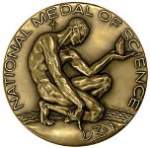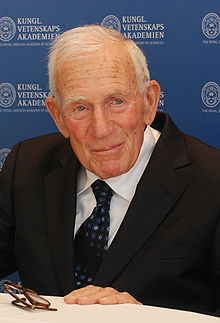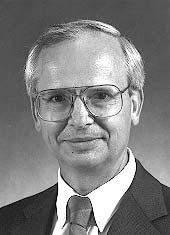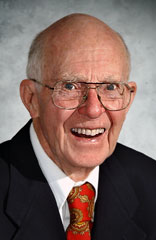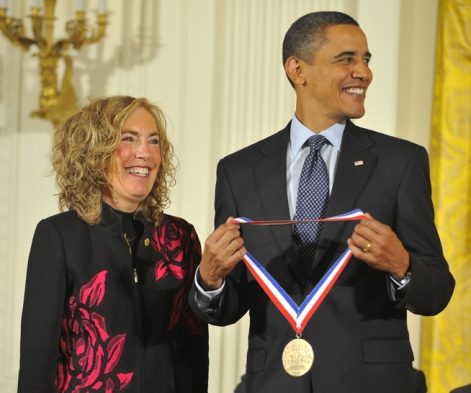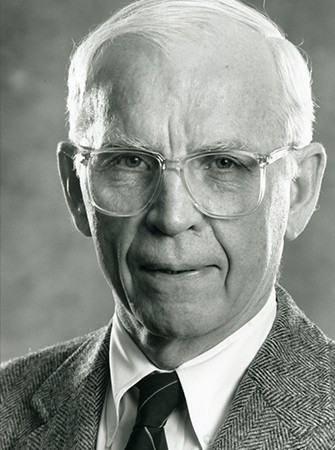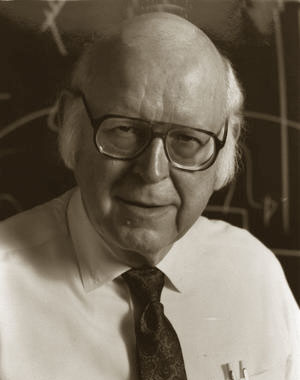Bruno Benedetto Rossi National Medal of Science Awarded In 1983
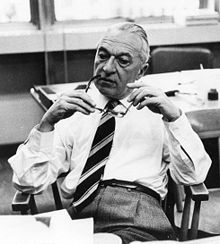
Bruno Benedetto Rossi
Award Name : National Medal of Science
Year of Award : 1983
Award for : Physics
Location : Venice, Veneto, Italy
Bruno Benedetto Rossi was an Italian experimental physicist. He made major contributions to particle physics and the study of cosmic rays. He was born on April 13, 1905 in Venice, Italy. A 1927 graduate of the University of Bologna, he became interested in cosmic rays. To study them, he invented an improved electronic coincidence circuit, and travelled to Eritrea to conduct experiments that showed that cosmic ray intensity from the West was significantly larger than that from the East. Forced to emigrate in October 1938 because of the Italian Racial Laws, Rossi moved to Denmark, where he worked with Niels Bohr, then to Britain, where he worked with Patrick Blackett at the University of Manchester, and finally to the United States, where he worked with Enrico Fermi at the University of Chicago, and later at Cornell University. Rossi stayed in the United States, and became an American Citizen. In the 1960s, he pioneered X-ray astronomy and space plasma physics. His instrumentation on Explorer 10 detected the magnetopause, and he initiated the rocket experiments that discovered Scorpius X-1, the first extra-solar source of X-rays. In 1983, he received the National Medal Of Science. He served as professor of Physics and Professor Emeritus at MIT, and in 1987 was the co-recipient of the prestigious Wolf Prize in Physics. The Bruno B. Rossi Prize, awarded annually to a top astrophysicist for achievements in the field, is named in his honor.
